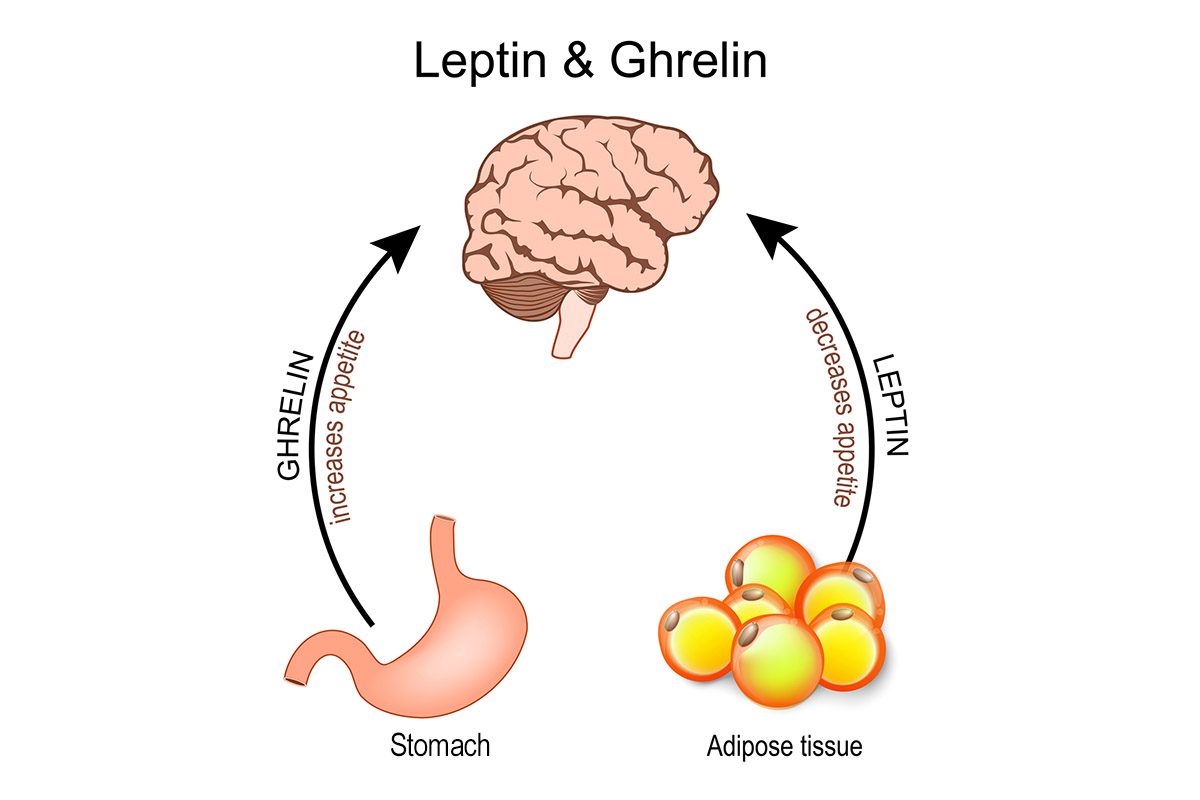Background: Binge-eating disorder is a newly recognized eating disorder characterized by recurrent episodes of binge eating without compensatory weight loss behaviors. It commonly co-occurs with depressive disorders and obesity. Citalopram is a highly selective serotonin reuptake inhibitor antidepressant. The purpose of this study was to assess the efficacy and safety of citalopram in the treatment of binge-eating disorder.
Method: Thirty-eight outpatients with a DSM-IV diagnosis of binge-eating disorder were enrolled in the study between August 2000 and July 2001 and were randomly assigned to receive either citalopram (N = 19) or placebo (N = 19) in a 6-week, double-blind, flexible-dose (20-60 mg/day) study. The primary measure of efficacy was frequency of binge-eating episodes. Secondary measures included frequency of binge days, body mass index (BMI), weight, Clinical Global Impressions-Severity of Illness scale scores, Yale-Brown Obsessive Compulsive Scale Modified for Binge Eating (YBOCS-BE) scores, Hamilton Rating Scale for Depression (HAM-D) scores, and response categories. The outcome measures were analyzed using 2 random regression methods, with a time trend analysis (primary analysis) and an endpoint analysis. In addition, response categories were analyzed using an exact trend test.
Results: Compared with placebo-treated subjects, subjects receiving citalopram (mean dose
of 57.9 mg/day) had a significantly greater rate of reduction in frequency of binge eating (p = .003), frequency of binge days (p < .001), BMI (p < .001), weight (p < .001), severity of illness (p = .028), and YBOCS-BE score (p = .007) and a marginally significant rate of reduction in HAM-D score (p = .053). Differences between groups in response categories were marginally significant (p = .068 for intent-to-treat analysis).
Conclusion: In a 6-week, placebo-controlled, flexible-dose trial, citalopram was efficacious in reducing binge-eating frequency, weight, and severity of illness and was generally well tolerated in subjects with binge-eating disorder.
Please sign in or purchase this PDF for $40.00.
Save
Cite



